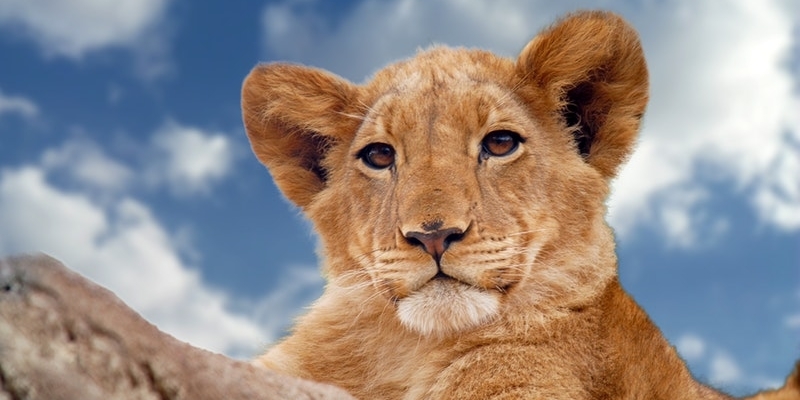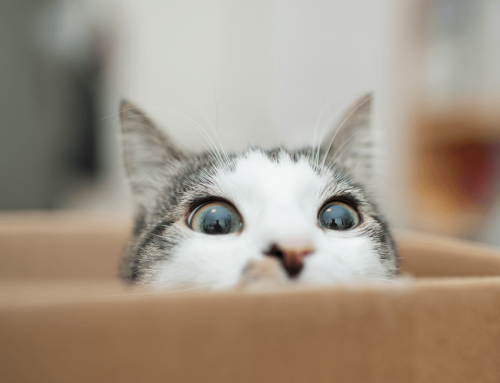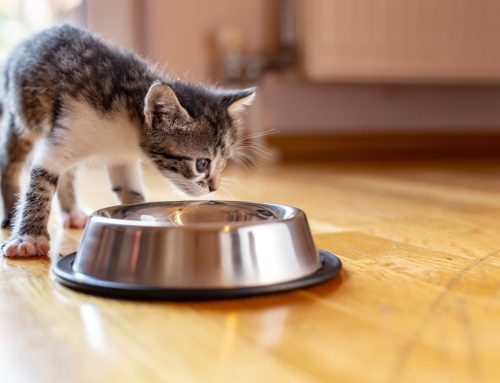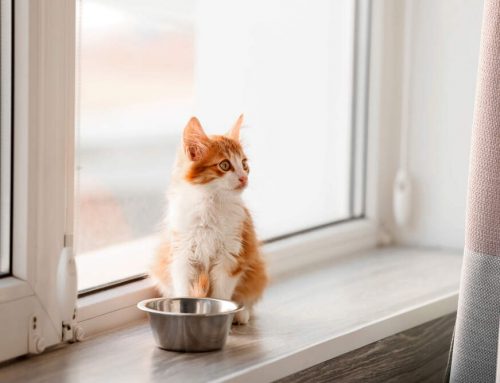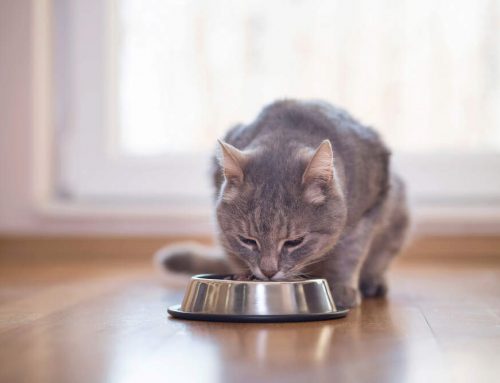It may be hard to picture your precious pet as a vicious predator. But the unique physiology of domestic cats is what keeps them on a carnivore’s diet. Keep reading to learn what makes your cat an obligate carnivore, and discover our newest options for “meat-ing” their nutritional needs.
What is an obligate carnivore?
An obligate carnivore is a predator that eats meat out of biological necessity. Some examples of both mammal and non-mammal obligate carnivores include dolphins, seals, hawks, snakes, lizards, and most amphibians.1 As a result of their traditional diet throughout evolution, these animals may be unable to synthesize necessary nutrients from plant matter. This causes them to rely on other animals to provide them with vitamins, fatty acids, and other nutrients in a pre-formed state.
Are cats obligate carnivores?
All felines, including domestic cats, are obligate carnivores.1 Although cats can digest plant material safely, they are unable to meet all of their nutritional needs on a strictly plant-based diet.
If you already have a cat, it’s likely that this question has situational proof—especially if your pet has been your pal for a while. Some domestic cats like to catch mice and other small prey, and present them as gifts for their humans. If you’ve ever been on the receiving end of such a gesture, don’t be alarmed! It’s just one of several signs that a cat is happy in your home.
In addition to their hunting skills and behavior, the anatomy of a cat gives several clues proving the need for a meat-based diet:
Biological features of obligate carnivores:
The first clue to validate your cat’s carnivorous tendencies is also their most powerful weapon: teeth! Cats have 4 canine teeth at the front of their mouths to help them tear into meat, whether it’s on a hunt or in their food dish. They also have razor-sharp carnassial teeth on the upper and lower jaws to help them deliver a final blow to small prey.
Next, the digestive system of a cat can confirm that your feline friend is meant to consume a meat-based diet. Cats have the shortest digestive tract to body size ratio of any mammal.1 As a result, they have less fermenting bacteria to help them break down plant material and derive nutrients from it. For this and other reasons, cats are career carnivores that need to be kept on a meat-based diet.
Furthermore, cats are unable to produce an important enzyme that helps other mammals process starch. Salivary amylase is typically found in—you guessed it—saliva, where it begins digesting starch as soon as you take a bite.
Nutritional needs for a meat-based diet:
Many carnivores have evolved past the ability to convert plant matter into nutrients that support their health. Vitamin A, for example, plays a vital role in maintaining healthy skin, eyesight, immune system, and neurological function. The human body can synthesize Vitamin A from beta-carotene, found in carrots, spinach, kale, and sweet potatoes. Cats, on the other hand, cannot make this conversion, so without meat and other foods that are already rich in vitamin A, they would be unable to meet their nutritional needs.3
Generally, plant proteins provide very little value to obligate carnivores.2 Relying too heavily on a plant-based diet can lead to a deficiency in taurine, an amino acid that plays an important role in metabolism and biological function. Commonly found in dark meat such as chicken and turkey, taurine also supports your cat’s eyesight, nerve function, the immune system, and heart.
Lastly, cats produce energy through gluconeogenesis, which means they use non-carbohydrate sources to meet their blood glucose requirements.1 Rather than breaking down carbohydrates for energy, your friendly pet carnivore converts amino acids, glycerol, and other nutrients into energy to sustain themselves.
Healthy food for carnivorous cats:
AvoDerm Natural® cat food products include a tasty assortment of enticing meat combinations. In addition to our classic flavors your cat may already know and love, we now have three new grain-free flavors available for the carnivore in your kitchen: Duck with Turkey Meal Recipe, Salmon with Tuna Meal Recipe, and a seafood medley of Tuna with Lobster & Crab Meal.
Any one of these new and enticing flavors provides your cat with all the protein they need to support complete nutrition. Try switching between the three, and you may find that your pet enjoys the wide variety of meaty tastes in their diet. Eating a diverse array of proteins on a regular basis promotes lasting good health for your pet. A combination of different proteins can also help your pet carnivore avoid cat food sensitivities.
So, there you have it: cats are obligate carnivores that should be kept on a meaty diet. Even without a recreational hunting spree, your cat can fulfill all of their nutritional needs on an AvoDerm Natural® pet food diet. Start feeding your pet our new grain-free recipes, crafted with nutritious avocados and avocado oil, and watch as they enjoy nourishing and irresistible tastes at every meal.
SOURCES:
- Gates, Margaret. “What Exactly Is an ‘Obligate Carnivore?” Feline Nutrition Foundation, 9 Feb. 2013.
- Becker, Dr. Karen. “When Pets Don’t Get Enough of the Right Kind of Protein.” The Huffington Post, TheHuffingtonPost.com, 5 Aug. 2014.
- Schultze, Kymythy R. “Your Cat’s Nutritional Needs: The Basics.” Feline Nutrition Foundation, 9 Feb. 2010.

